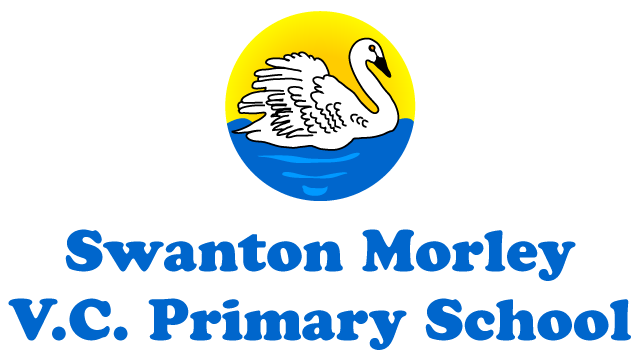Intent
Our History curriculum aims to enable pupils to explore cause and consequence, identify catalysts for change, the effects on societies and reasons for development. We want to inspire our pupil’s curiosity, leading them to ask relevant questions and think critically when searching for answers. History helps pupils gain a coherent understanding of their past, their country’s past and that of the wider world. We aim for pupils to engage with history with creativity and critical thinking to develop their understanding of ‘the big picture’ of the historical narrative, enabling them to make connections between periods and help them interpret events, attitudes and actions from the past in a balanced way.
Implementation
History is delivered through themes detailed in the curriculum map. We base our themes on the units of work provided by the Dimensions curriculum. This curriculum is thematic in nature and so provides lots of opportunities for pupils to revisit and apply their learning from history and geography to other subjects. Within the EYFS, understanding of the world is threaded through class interests and individual themes selected and this begins with an understanding of themselves and their personal history. This builds in KS1 and pupils begin to understand how things have changed from the past, alongside globally and nationally significant events and individuals from the past.
Each theme is age appropriate, builds on students’ prior knowledge and skills and ensures that the National Curriculum is taught broadly, engagingly and fully. Our themes are chosen to inspire children’s fascination about changes from the past. As children move through the key stages they are able to build on prior knowledge and put periods of history into context.
Literacy is promoted through the identification of key vocabulary in lessons and the promotion of their use in oral and written activities. Teaching and learning is delivered using a variety of approaches including whole class discussions, individual, paired and group work. Teacher make use of videos, books, photographs, internet research and timelines to support children’s understanding.
Impact
Pupils are assessed through the course of a unit using formative assessment strategies, which allow the class teacher to address misconceptions and gaps in learning. At the end of each term, pupils are assessed formally using a point in time assessment which is based on their achievement of learning objectives throughout each history unit.


